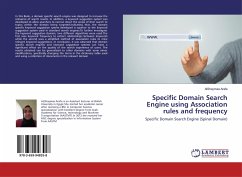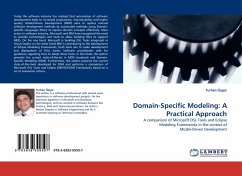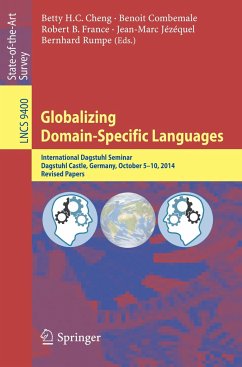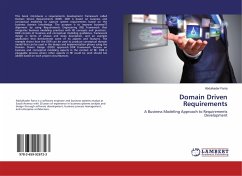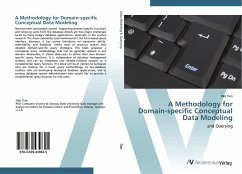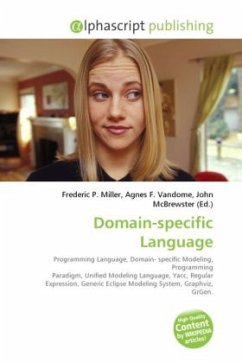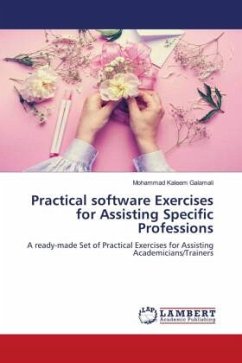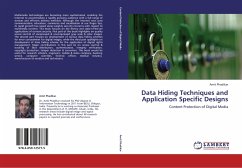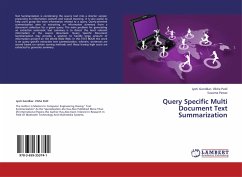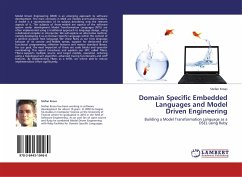
Domain Specific Embedded Languages and Model Driven Engineering
Building a Model Transformation Language as a DSEL using Ruby
Versandkostenfrei!
Versandfertig in 6-10 Tagen
32,99 €
inkl. MwSt.

PAYBACK Punkte
16 °P sammeln!
Model Driven Engineering (MDE) is an emerging approach to software development. The main concepts in MDE are models and transformations. A model is a representation of its subject, describing only the relevant aspects of it. The subjects of these models are aspects of the software system under development. Model Transformation Languages (MTL) are often implemented using a traditional approach to language design, using a dedicated compiler or interpreter. We will explore an alternative method, namely developing it as an Domain Specific Language within the context of a general purpose host langu...
Model Driven Engineering (MDE) is an emerging approach to software development. The main concepts in MDE are models and transformations. A model is a representation of its subject, describing only the relevant aspects of it. The subjects of these models are aspects of the software system under development. Model Transformation Languages (MTL) are often implemented using a traditional approach to language design, using a dedicated compiler or interpreter. We will explore an alternative method, namely developing it as an Domain Specific Language within the context of a general purpose host language. We chose Ruby as our host language because of its concise and flexible syntax, support for declarative and functional programming, reflective features and mature standard library. For our goal, the most important of these are code blocks and operator overloading. This report introduces and explains our MTL called TRans. TRans supports multiple source and target models, execution ordering using a topological sort algorithm, advanced tracing functionality and AOP features. By implementing TRans as a MTEL we where able to reduce implementation effort significantly.



